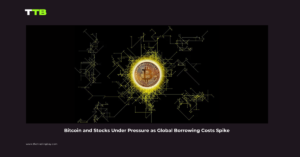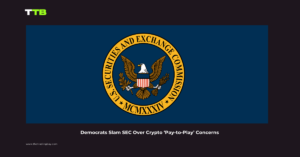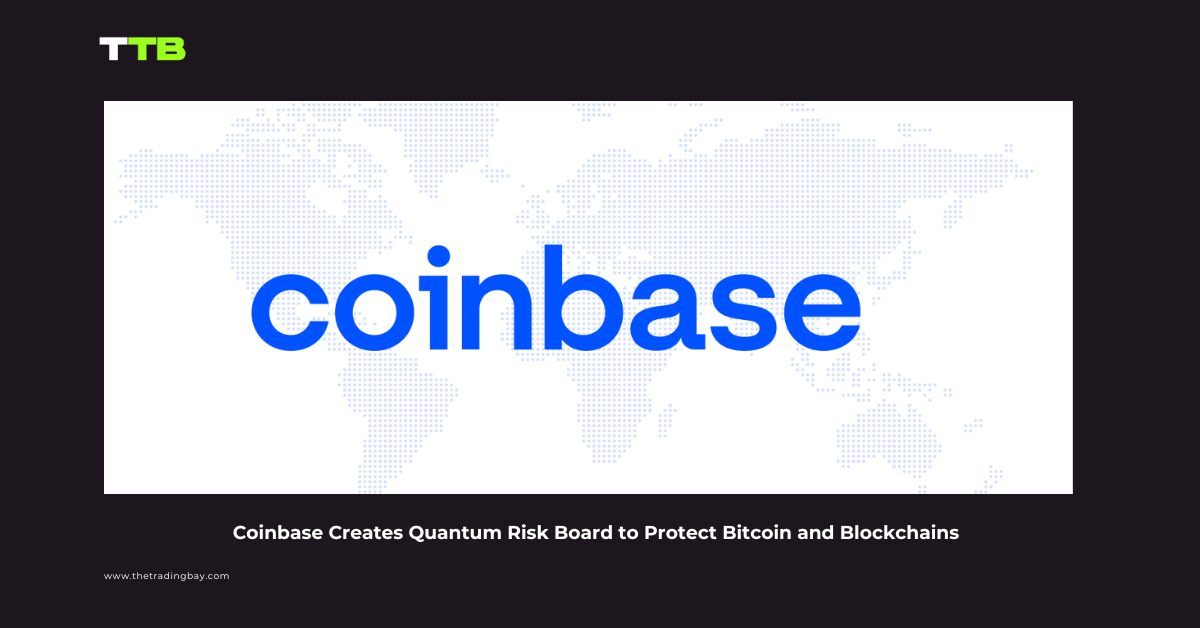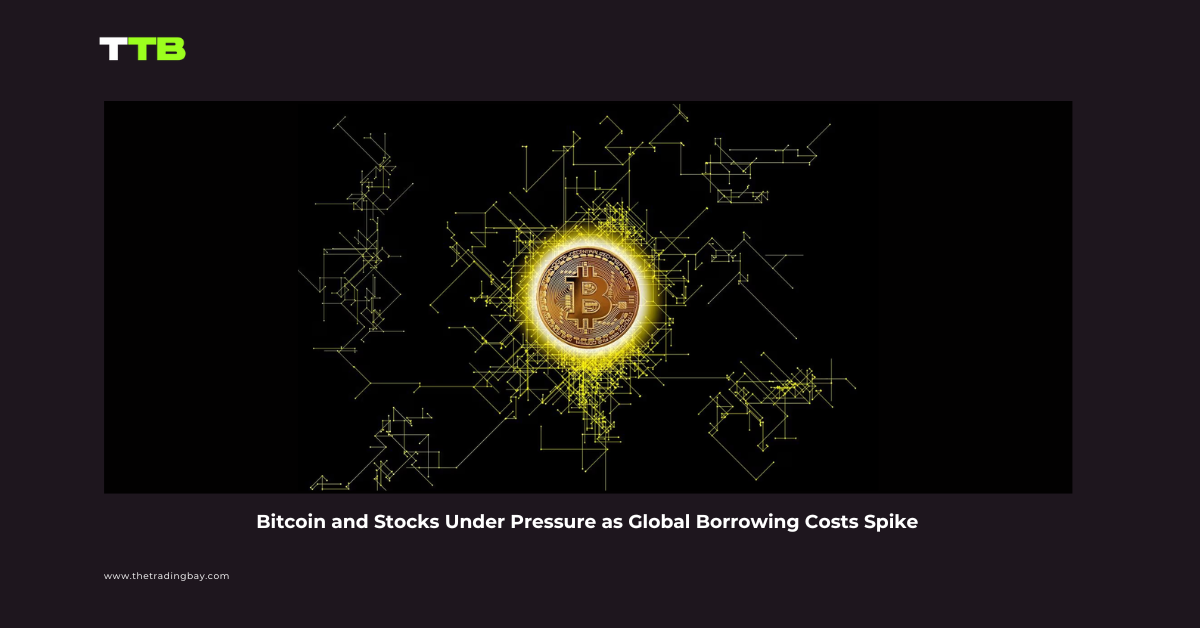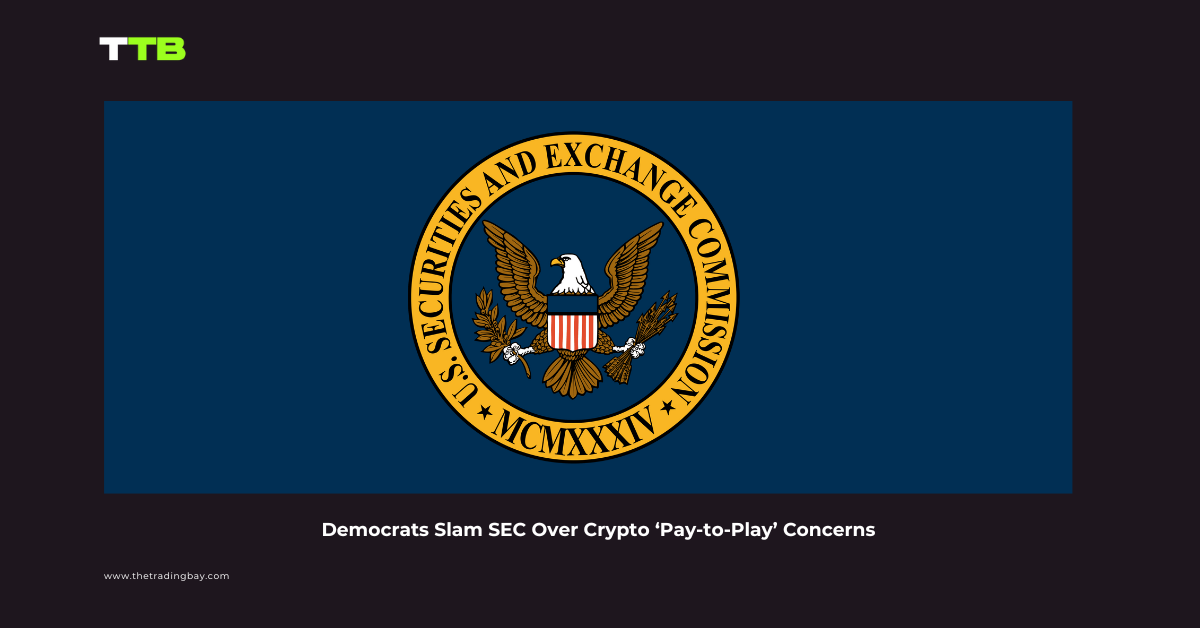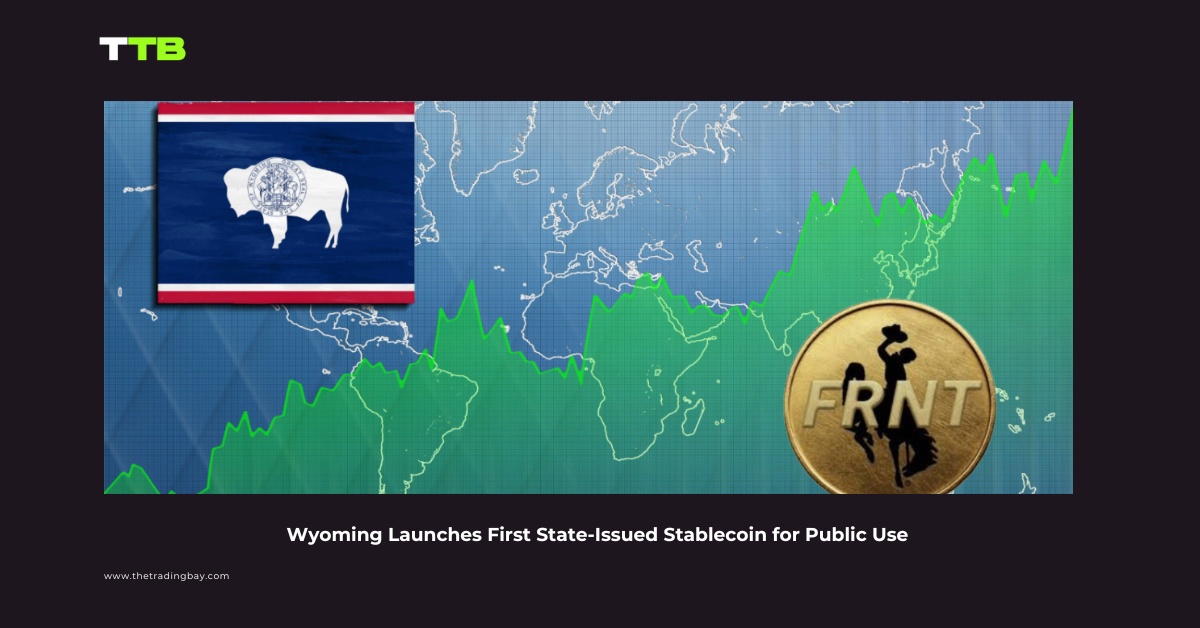The Financial Services Commission (FSC) in South Korea has announced new guidelines affecting investors in digital assets, marking a significant shift in regulatory oversight. The notice stipulates that by July 2024, investors depositing funds into exchanges for digital assets must receive interest. However, the guidance notably excludes nonfungible tokens (NFTs) and central bank digital currencies (CBDCs) from this regulation.
While NFTs and CBDCs are excluded, the FSC emphasized potential exceptions. Tokens categorized as NFTs but functioning primarily as a payment method and issued in large quantities might fall within the virtual asset classification. In such cases, these assets could become eligible for interest when deposited into exchanges.
Beyond asset classification, the regulatory notice outlines specific protocols for virtual asset operators regarding user deposits. Exchanges are mandated to segregate user deposits from their own assets, entrusting these to a bank. Additionally, the guidance mandates that 80% of the coins be stored in cold wallets, enhancing security measures.
Moreover, the guidance addresses the need for preparedness against hacks or cyber incidents. Virtual asset service providers must acquire insurance or accumulate reserves as a safeguard. The law also explicitly prohibits blocking deposits or withdrawals, except in exceptional circumstances deemed necessary by courts or financial regulators.
South Korea’s recent regulatory efforts reflect a concerted push to establish a robust framework within the crypto space. Earlier in December, financial regulators in the country called upon users to report unlicensed crypto exchanges operating within the region. Spearheaded by the Digital Asset Exchange Association and the Financial Intelligence Unit of South Korea, this initiative underscores the ongoing commitment to regulatory compliance and oversight.




